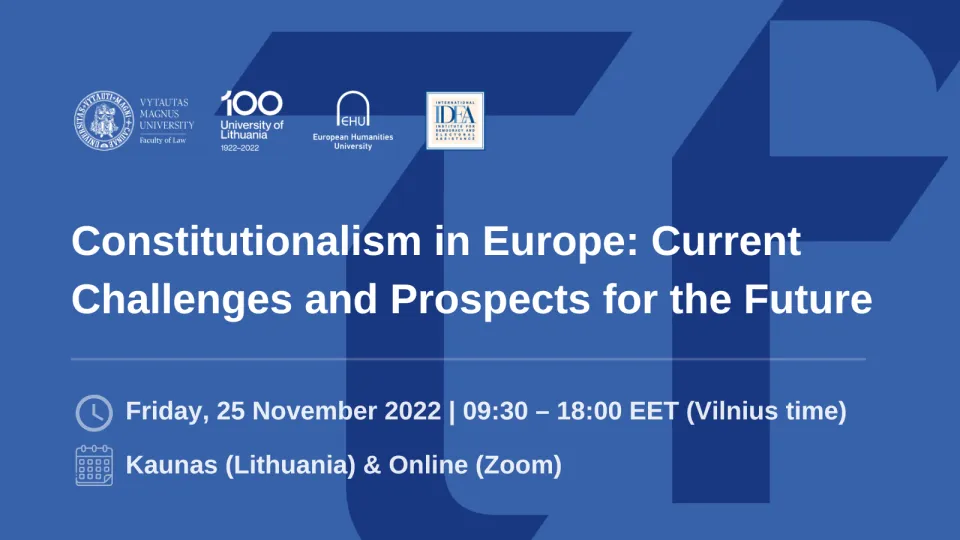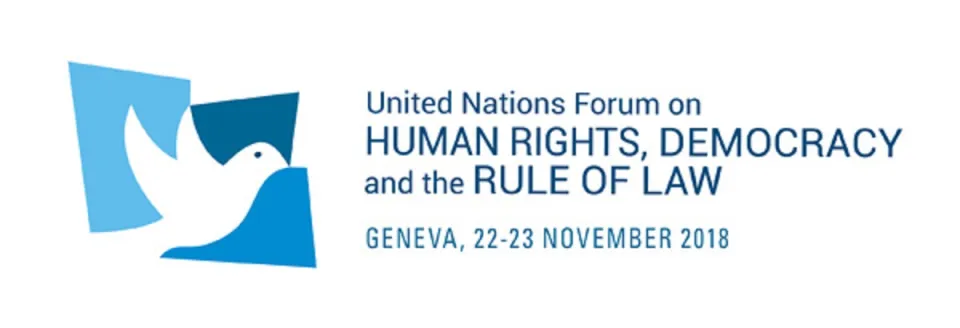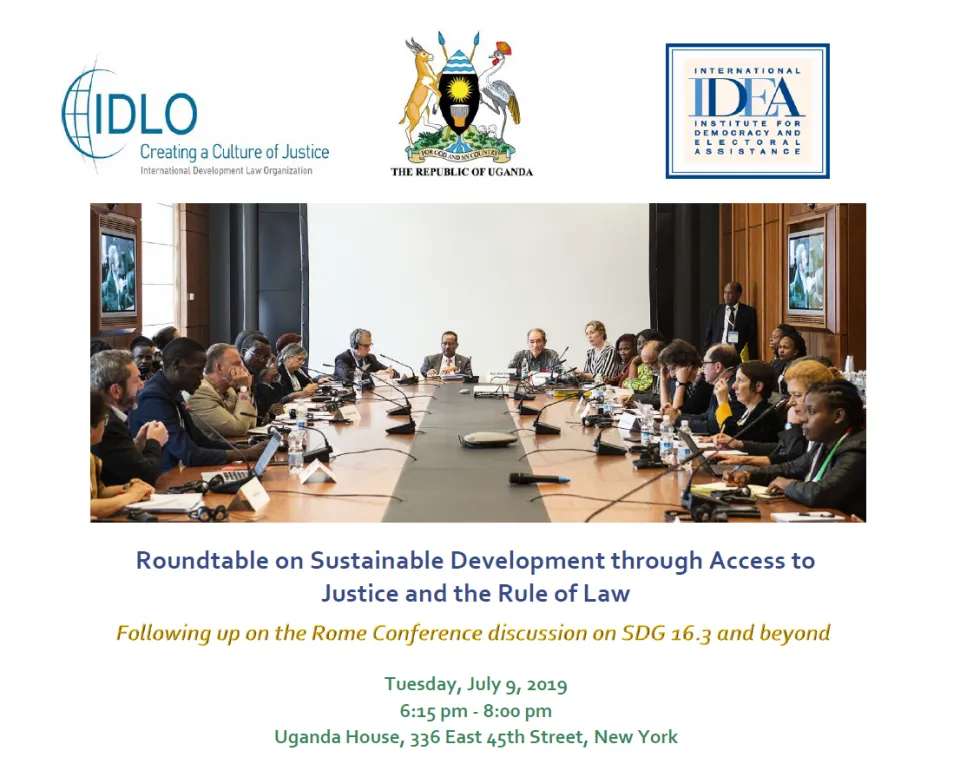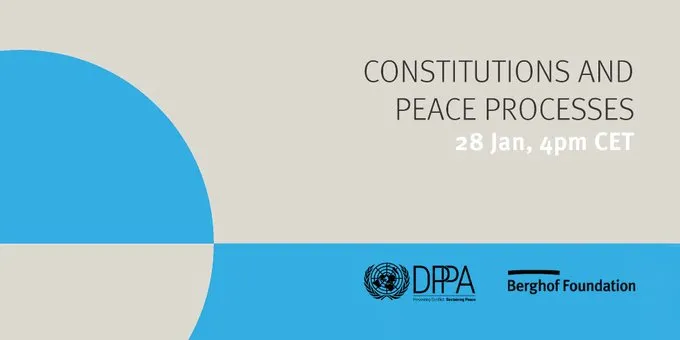Interactive discussion on “Sequencing Peace Agreements & Constitutions in the Political Settlement Process”
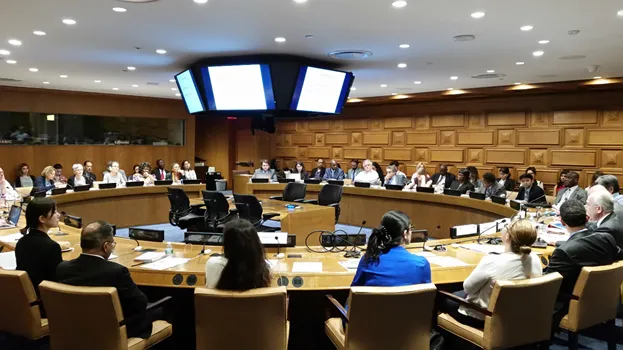
In situations of violent conflict, negotiated agreements—including ceasefire or peace agreements and documents detailing constitutional arrangements—attempt to reach a new political settlement between the warring protagonists, which is ideally supported by the broader society. Such political settlements aim to move the country or region from conflict to a situation characterized by constitutional commitments to good governance and the rule of law.
The sequencing—and the success or failure—of these negotiated agreements depends on a number of factors, including the diverse processes through which a political settlement is reached; when (and how) peace agreements and constitutions reach a political settlement; when (and why) constitution-making separates from the political settlement process; and the consequences of such a separation.
With this in mind, the International Institute for Democracy and Electoral Assistance (International IDEA) will co-organize with the Permanent Mission of Peru to the United Nations, the Global Justice Academy of the University of Edinburgh and the Political Settlement Research Programme (PSRP) will hold an Interactive Discussion on “Sequencing Peace Agreements & Constitutions in the Political Settlement Process”.
The event take place on Tuesday, 21 February 2017 from 13:15 – 14:30 EST in Conference Room 8 of the General Assembly Building at United Nations Headquarters in New York.
This interactive discussion will aim to address the gap in the constitution-making and peacebuilding literatures regarding descriptive and normative accounts of the relationship between peace agreements and constitutional arrangements in political settlement processes using the recently published policy papers on “Sequencing Peace Agreements and Constitutions in the Political Settlement Process” and “Interim Constitutions: Peacekeeping and Democracy-Building Tools”.
The event will include opening remarks by Gustavo Meza-Cuadra, Ambassador and Permanent Representative of Peru to the United Nations, a presentation by the Authors of the policy paper “Sequencing Peace Agreements and Constitutions” as well as a discussion by a panel of experts from academia and the UN moderated by the Permanent Observer of International IDEA to the UN. Panelists will explore the sequencing of peace deals and constitutional arrangements in order to better understand when (and why) sequencing does not follow the logical model, and the implications for any coherent and workable constitutional framework.
The event will be webcast live via webtv.un.org and can be followed on Twitter using the hashtag #SequencePeaceConstitutions, #constitutionbuilding, #peacebuilding, #DemocracyConflictandSecurity.
The Office of the Permanent Observer for International IDEA to the UN will also be live-tweeting the event @IIDEA_UN.
